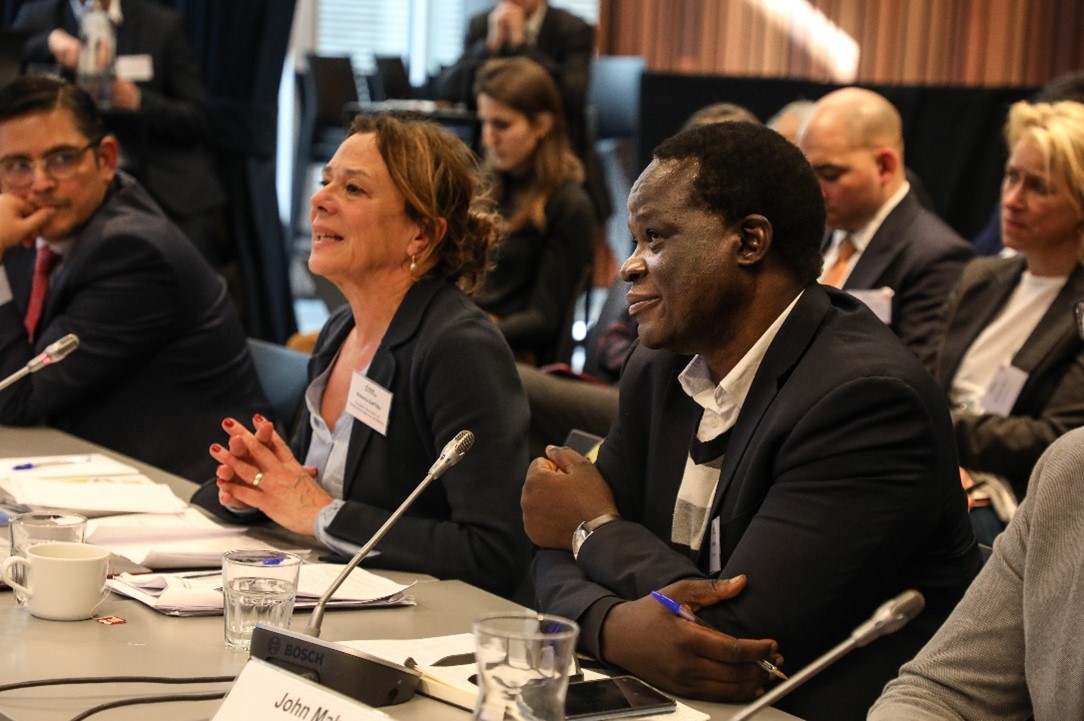A program that seeks to create a bridge between investment and sustainable development through the financing of projects related to digitalization, climate and energy, transport, health, education, and research in developing and least-developed countries.
The program is included under the European Union’s ambitious Global Gateway strategy, which has mobilized a budget of 300€ billion for the period of 2021-2027, to promote and stimulate sustainable development across the world. As the Mexican diplomat Rogelio Granguillhome Morfin stated, “The Global Gateway is a powerful message from the EU to the world, bringing a new way of engaging in development cooperation”.
During the discussion, several stakeholders showcased their support and concerns with respect to Global Europe. The representative from the European Development Finance Institutions (EDFI), Laure Blanchard-Brunac, emphasized the need for greater involvement of the private sector in development cooperation, particularly in creating an attractive investment environment in developing and least-developed countries. The representative of the Belgian Development Agency (ENABEL), Jean Van Wetter, stressed that the added value of Europe lies in the provision of “soft skills” (social services, social protection, vocational training, etc.), and that attempting to compete with countries like China in infrastructure development should not be the preferred approach. Roberta Dall’Olio, director of EURADA stressed the importance of regional development agencies in instigating change, “What we can bring (RDAs) to this system of international cooperation and development, is convincing not only the SMEs to make the change, but the whole regional ecosystem”.
Including actors from various levels of impact and scope in the discussion demonstrates Global Europe's commitment to multi-level cooperation and dialogue, which is paramount to foster sustainable development. But how does the program work? The Global Europe programme has three fundamental pillars: 1) To foster dialogue and cooperation, 2) to support Human Rights and democracy, civil society, stability, and peace, and 3) to provide a rapid response to crises and conflict prevention. Each pillar has its own budget, with an investment framework consisting of the European Fund for Sustainable Development (ESFD+) and the External Action Guarantee, noting that 93% of the funding will have to meet the requirements of the OECD Development Assistance Committee. The open call for new projects and tenders is yet to be announced. Nevertheless, EURADA members can request updates and further information on the Global Europe program if needed.
